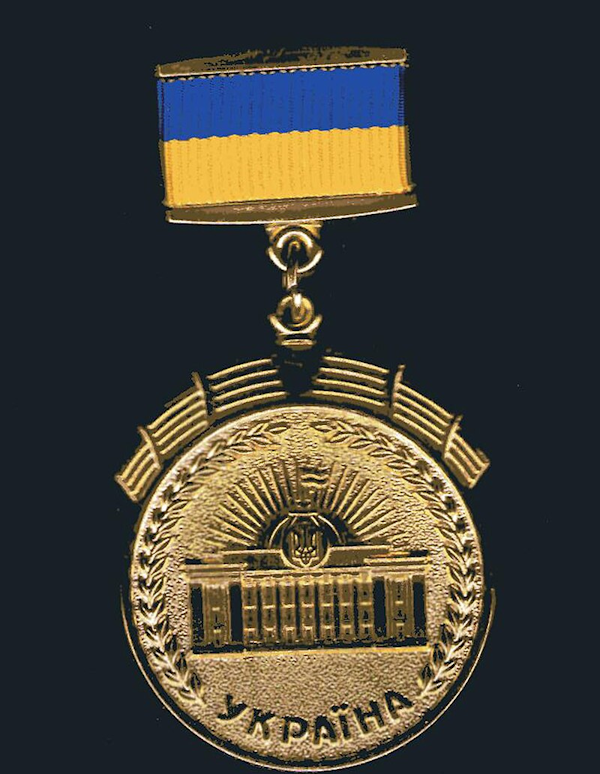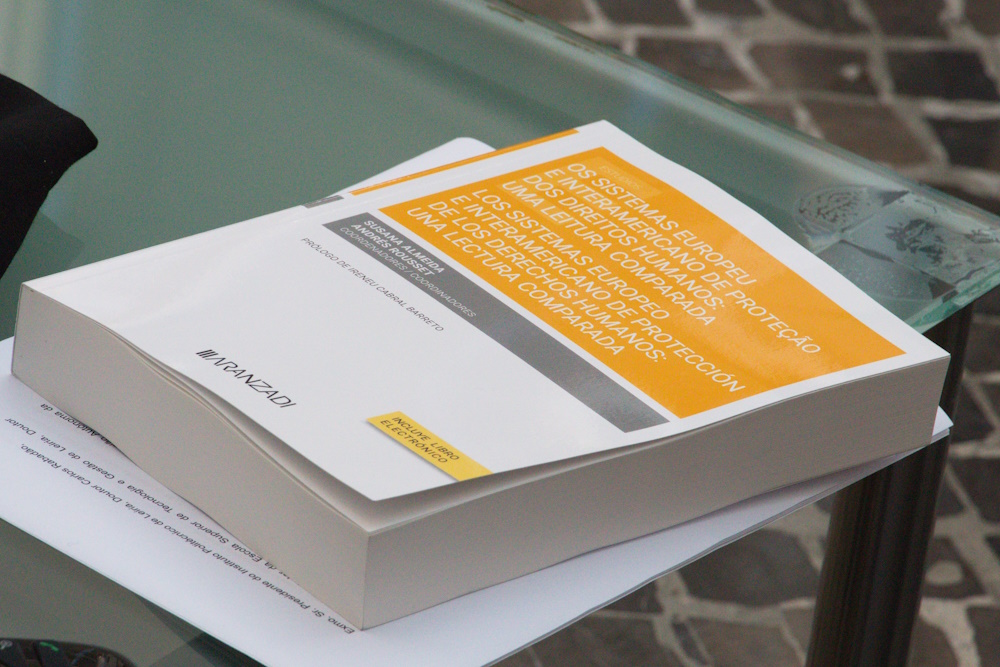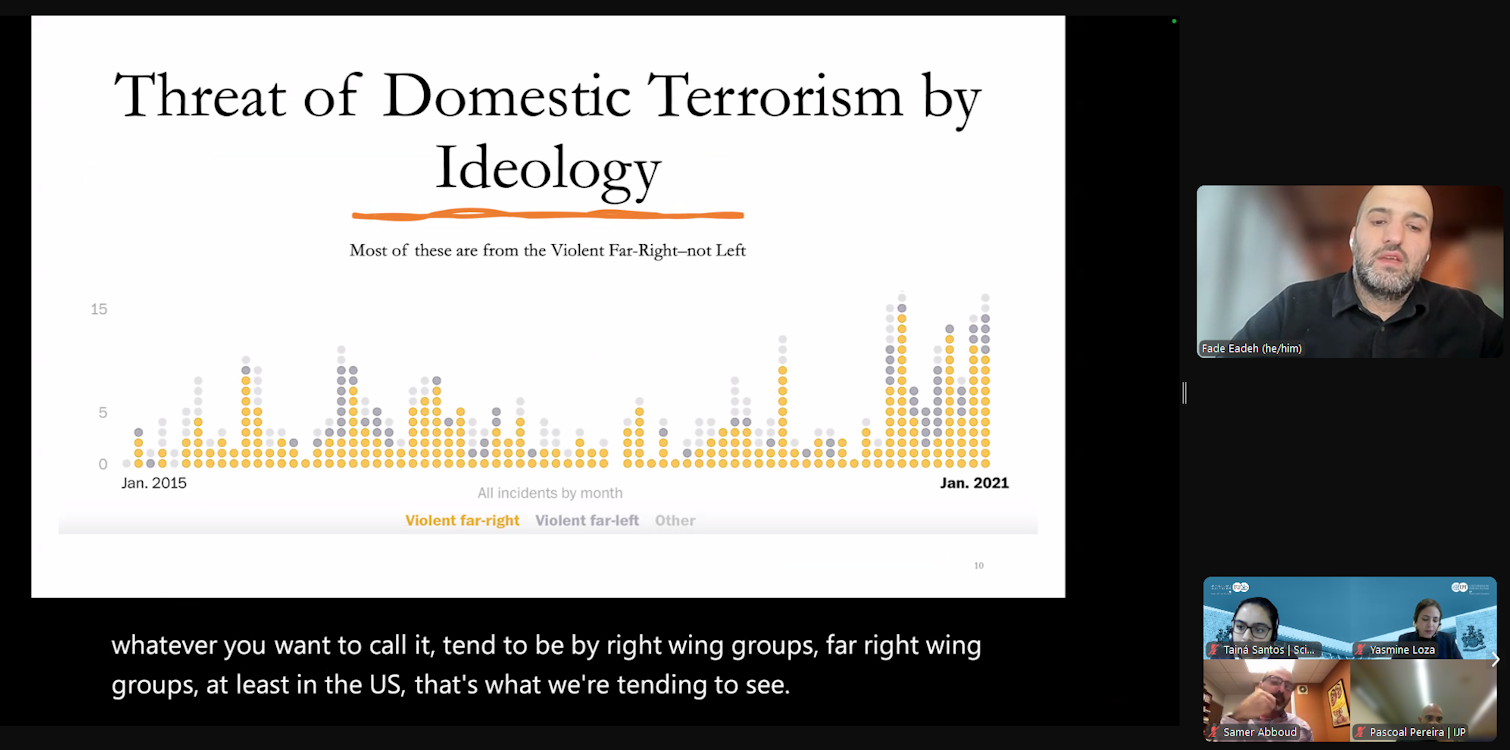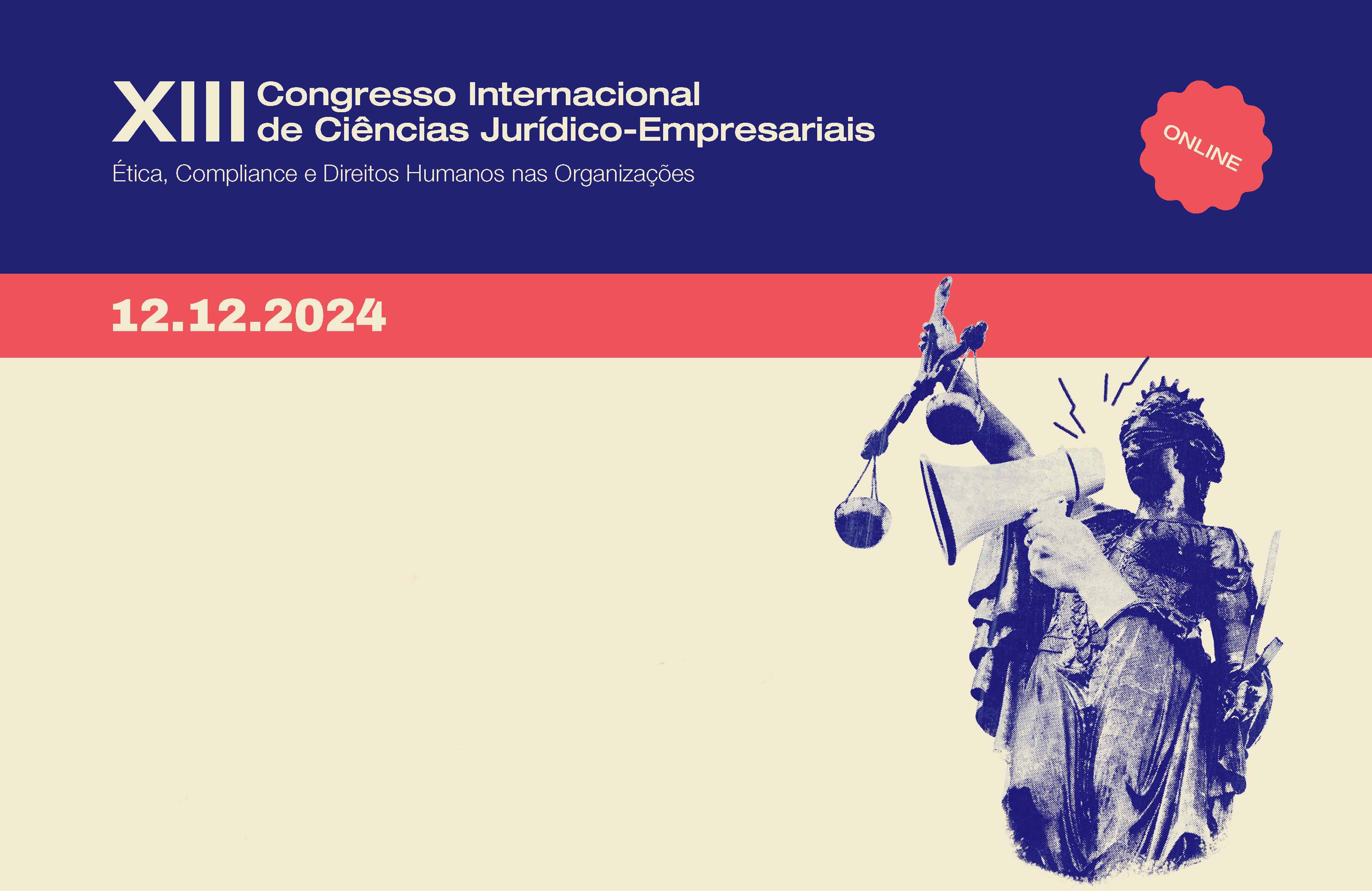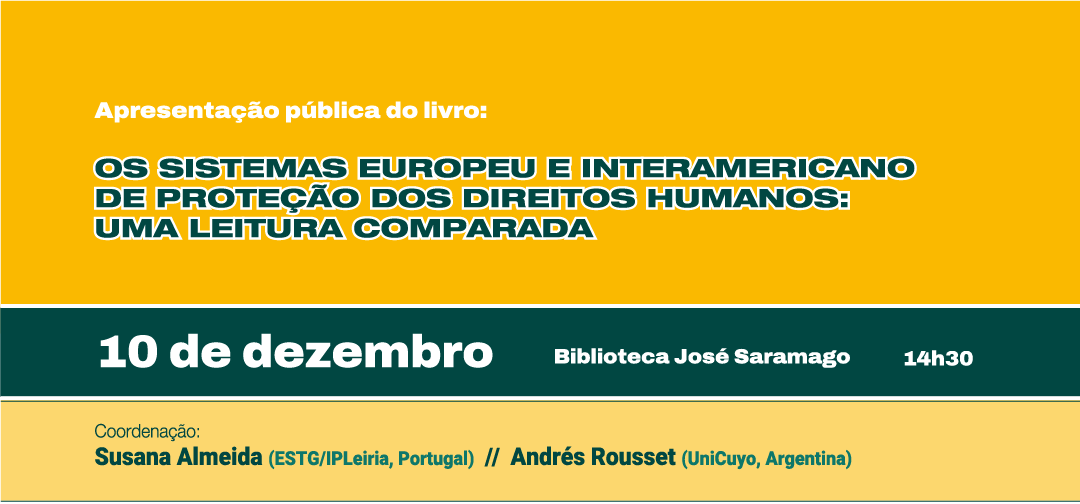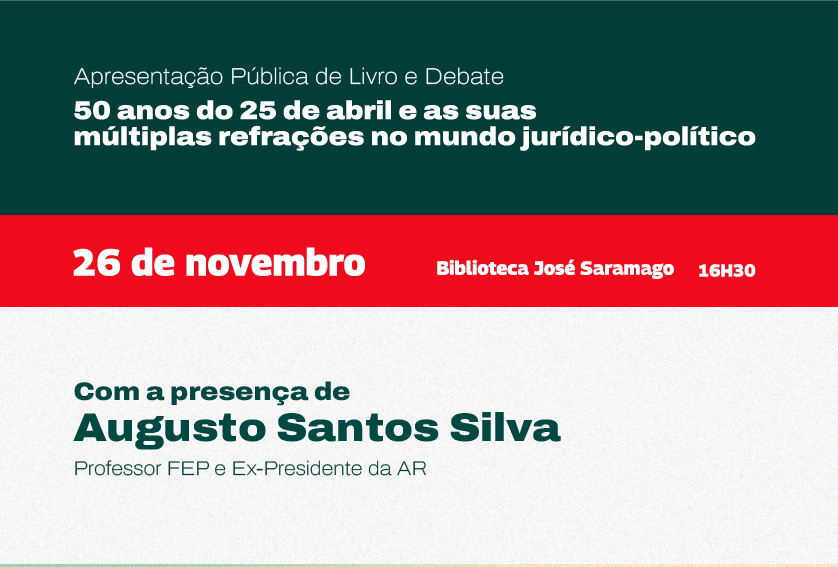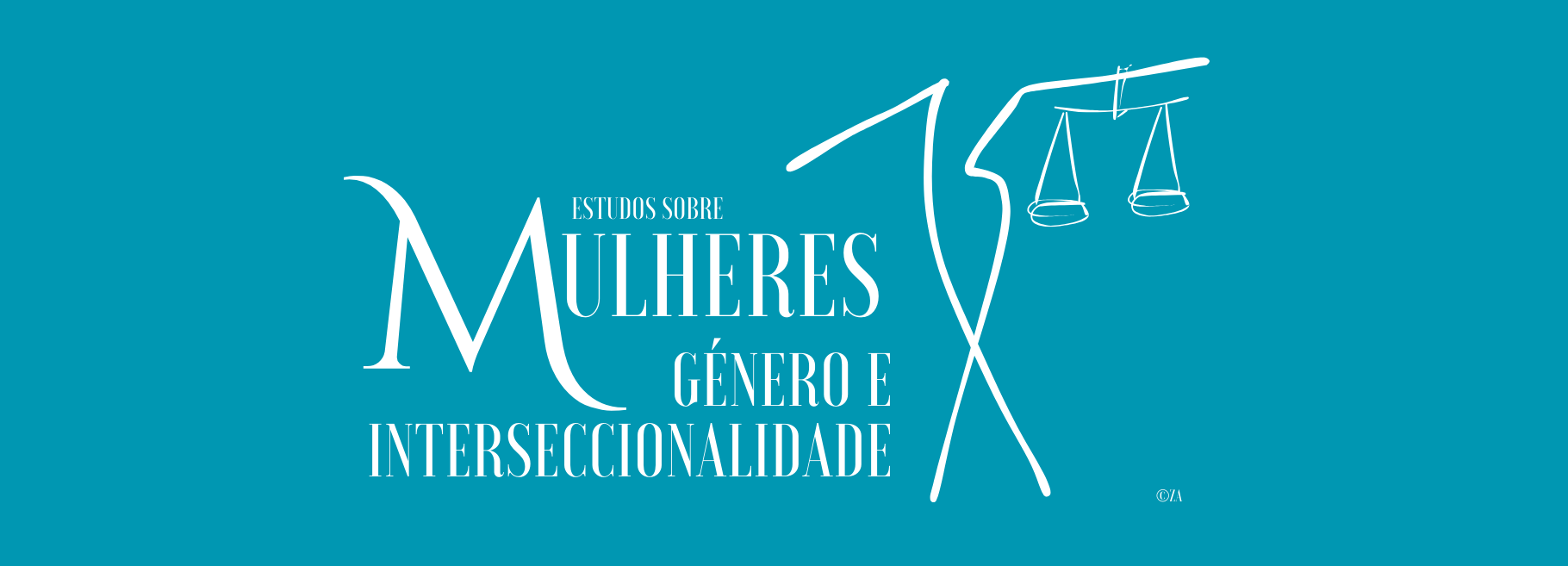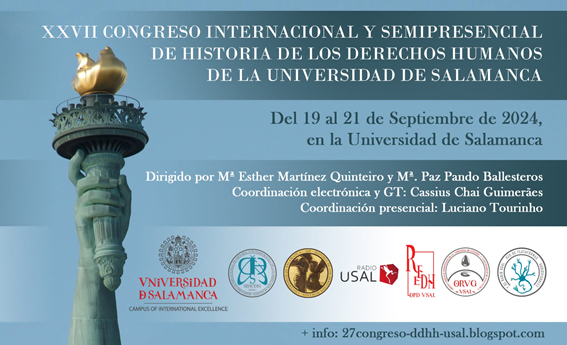Researcher Receives Parliamentary Prize in Ukraine
Oleksii Makarenkov, a researcher at the Instituto Jurídico Portucalense (IJP), has been awarded the Verkhovna Rada Prize of Ukraine, which has been granted since 2008 to young scientists in recognition of their outstanding scientific contributions. The award was given for his work “Legal Foundations for the Institutionalization of Public Power Integrity in an Open Society,” acknowledging the impact of his research on promoting legal values and advancing Ukrainian society. This prize, which underscores the significance of Makarenkov’s work, also brings recognition to the Instituto Jurídico Portucalense, highlighting the importance of international collaboration in legal research. Makarenkov dedicated this achievement to his mentors and the institutions that shaped his academic journey, emphasizing that the award represents both an honor and a challenge to continue advancing legal knowledge for the benefit of society.

